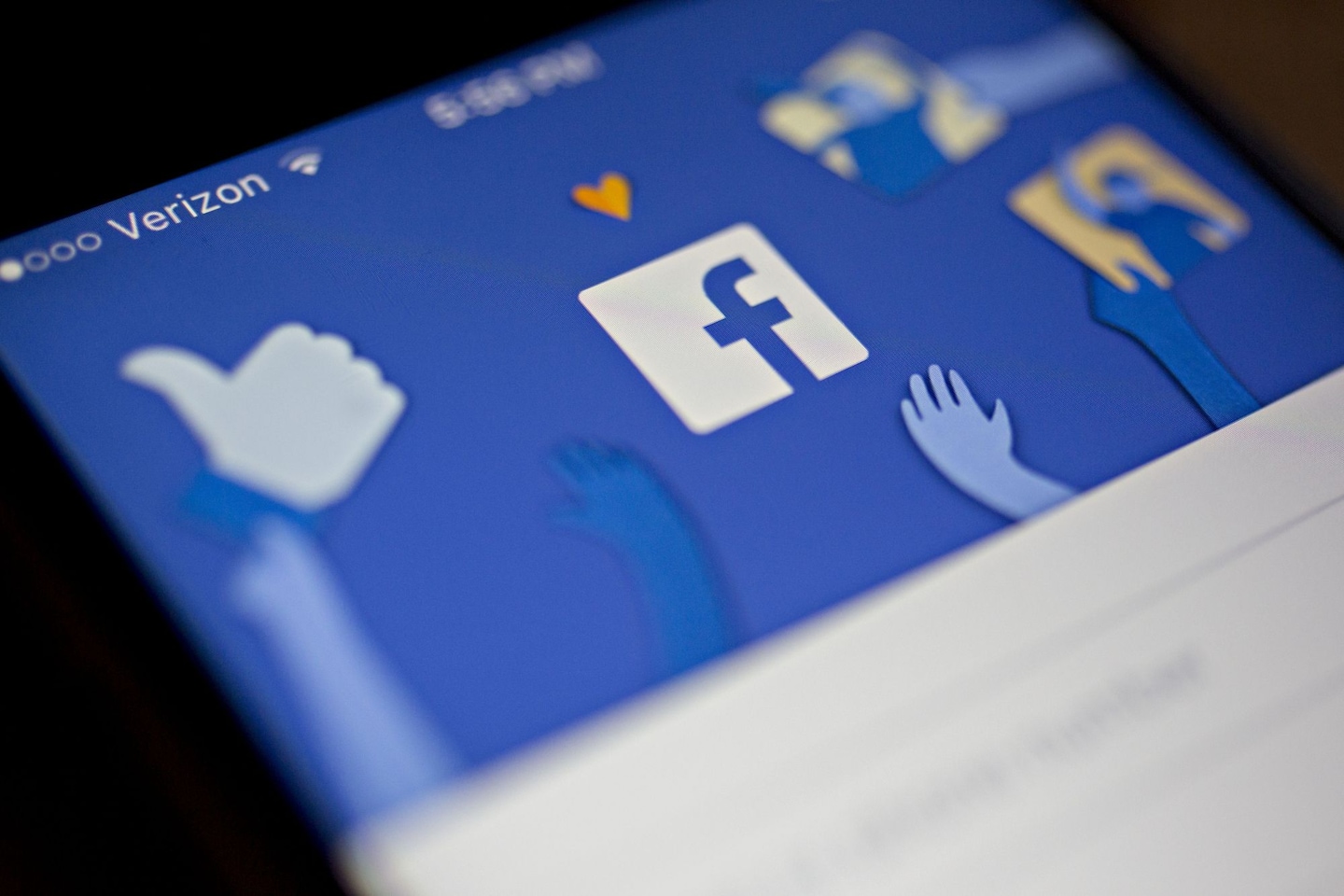Facebook disables Romanian network masquerading as pro-Trump Americans

Facebook on Thursday said Adrian’s accounts were part of a coordinated network of accounts and pages originating in Romania and posing as conservative Americans supportive of the U.S. president’s reelection. In addition to African American support for Trump, the material focused on members of the president’s inner circle, conservative media and Christianity. It also invoked themes associated with the QAnon conspiracy theory, whose adherents believe Trump is battling a cabal of deep-state saboteurs who worship Satan and traffic children for sex.
The network was relatively small, comprising 35 accounts and three pages, as well as 88 accounts on Instagram. The pages had racked up about 1,600 followers, while about 7,200 users were following the accounts on Instagram.
The motive of those behind the deceptive material could not be determined, said Nathaniel Gleicher, Facebook’s head of security policy. It was not clear whether the intent was genuinely to promote Trump, he said, or whether there were financial incentives.
The disclosure came three months before the November election and amid heightened concern about efforts to manipulate public opinion and discredit the vote. Joe Biden, the presumptive Democratic nominee, last month cited intelligence briefings in warning about Russian and Chinese efforts to sow doubt about the American electoral system. Facebook, which regularly reports actions against foreign and domestic influence campaigns using its platform, last fall identified a network of Russian-backed accounts praising Trump and attacking Biden.
The announcement on Thursday served as a notice of the foreign actors that stand prepared to pollute online discourse about American politics, for a whole host of reasons — or for no apparent reason at all.
The Romanian network, while small, appeared intended to reach pro-Trump conservatives, according to analysis by experts at the Atlantic Council’s Digital Forensic Research Lab, who examined data provided by Facebook.
The persona of David Adrian was at the center of the network, with multiple accounts going by that name — or variations of it — across Facebook and Instagram. The figure maintains an account on Parler, a social network embraced by conservatives who claim to be censored on mainstream platforms. An associated Twitter account, which had already been suspended, identified the user’s location as Montana, the DFR Lab noted, while some of the linked Facebook accounts listed Romania as the user’s location. The owner of the account on Parler did not have an immediate comment.
The Facebook pages in the network were set up as Trump fan pages, mostly sharing content from the president. Two were active only in July 2018, while the third appeared last month, along with a parallel Instagram account boasting more than 3,000 followers, according to the DFR Lab’s report.
Most of the Instagram accounts in the network did not have public posts. Of those that had posted, some of the material was about QAnon. One account that went by the name “blackpeoplevotefortrump” featured two images ostensibly showing Black voters sympathetic to Trump.
Facebook also disabled a larger network — active in many parts of the world, from the United States to Europe to Hong Kong — targeting English as well as Chinese-language audiences with messaging critical of the Chinese government. The content, boosted by authentic as well as fake accounts, addressed U.S.-China relations, the coronavirus pandemic and recent protests in Hong Kong, among other themes.
Facebook tied the people behind the network, which was also active on YouTube and Twitter, to Truth Media, a digital outlet that Gleicher said had been banned from the social network. A request for comment sent to an email address associated with the outlet, which claims to “spread the light of truth,” went unanswered.
Among the tactics deployed by the Truth Media was to direct users to external websites and petitions critical of the Chinese Communist Party, according to a report by Graphika, a social media analysis firm. That included a White House petition urging, “Let’s start calling the novel coronavirus the CCP virus.”
Rachel Lerman contributed to this report.






